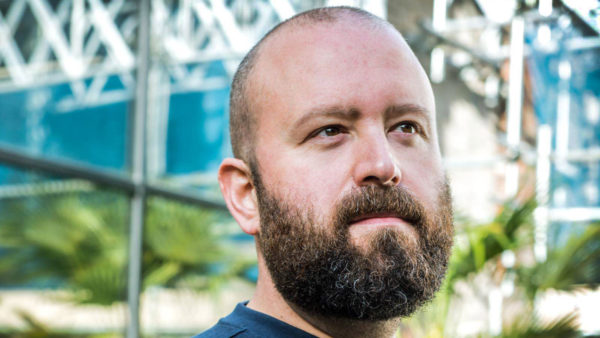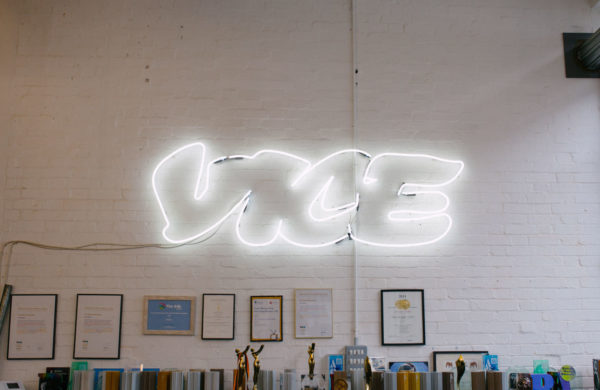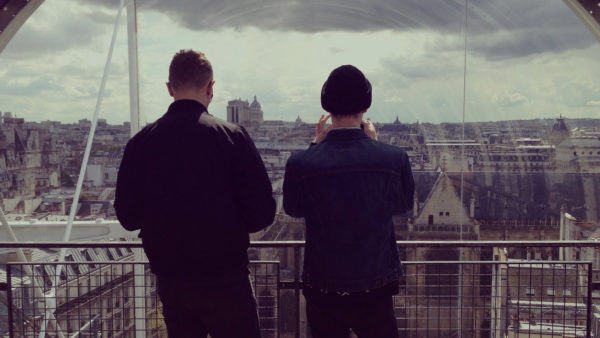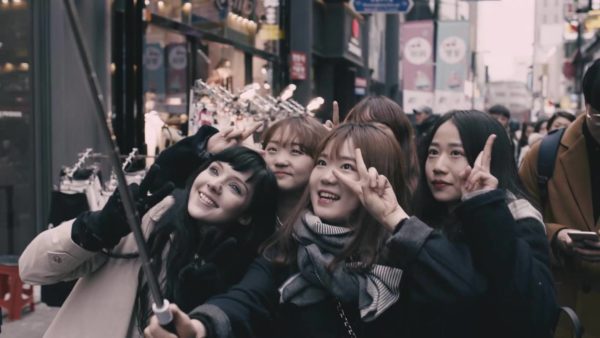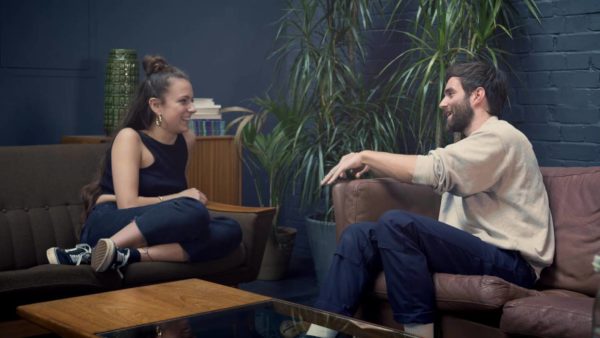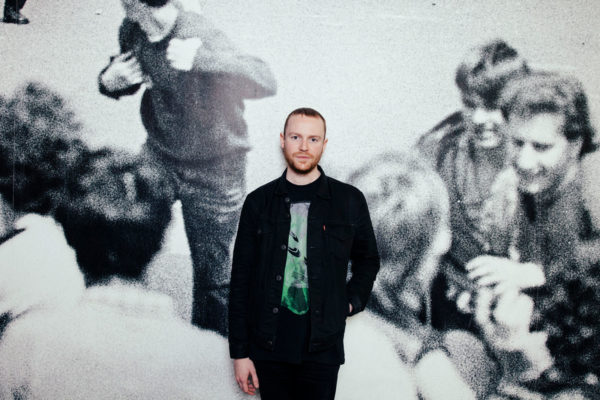1.01 Starting Out
Al Brown
Al Brown explains what it's like to work as a Producer at VICE for over 10 years.
Al Brown is a Producer and Executive Producer for VICE, VICELAND and VICE Films. He has spent the last ten years working for VICE in its London office where he has overseen hundreds of hours of content for online and TV. Prior to that, he was an editor of documentary film and television.
VICE Film School: What were the most important early influences for you, in terms of things that have shaped the documentaries you’ve produced for VICE?
Al Brown: I actually got into documentary through being a fan of mockumentaries, things like the work of Christopher Guest – Best In Show, Waiting For Guffman, films that parody the documentary format with actors and a script but where much of the dialogue is improvised. I love films like Man Bites Dog too, Bob Roberts, even Casey Affleck’s I’m Still Here – all of those have influenced me a lot.
Your background isn’t really in journalism, is it?
No, not really – I went to art school, did film and theatre design, was an art director and then I did animation for a bit… in those days I always thought I’d go into fiction and drama.
Documentary is different from news – it’s more about storytelling and all storytelling is manipulative in some way.
It was quite late that I transitioned into documentary and fell in love with the real world. I even did a stint working in news, editing and producing at CNN for a year, but I hated how obsessed everyone was with telling stories in “the right way”. And rightly so: truth and balance in news is vital but it’s its own medium. Documentary is different – it’s more about storytelling and all storytelling is manipulative in some way.
What do you mean by that?
Documentary is a subjective medium; as soon as you try to tell a story, your opinions become a part of it. I respond to films where I know what the opinion of the filmmaker is – Adam Curtis is a classic example: hate him and you’re never gonna like his films. But if you think he has interesting things to say, you’ll enjoy them. But they’re purely his thoughts, and I think it’s really important to embrace that in documentary, the idea that it’s about telling a story that you think is important in the best way you can.
I respond to films where I know what the opinion of the filmmaker is
Of course there’s a huge difference between that and lying – a documentary needs a moral compass, which comes from the author, and then it’s up to the audience to decide whether they believe in that moral compass. You see that with every type of media, whether it’s hard news journalism or something more cultural.
How has that carried through in the work you’ve done at VICE?
I guess one of the things that VICE has always done well is hosted documentaries. It’s what the company is famous for, and having the strong point of view of an author at the centre of a film means you see the world through their eyes; you’ll hear and understand their experiences. Also, I think we’ve never shied away from the power of music in documentary, how it can make a scene feel the way a director wants it to, and the editing process – how you structure and pace something – is important too. I think the films we make are well crafted and have more in common with the feature-documentary medium than they do a rolling, BBC News-type thing.
I think we’ve never shied away from the power of music in documentary
Does there still need to be room for a host or director to go into a situation and have their views challenged?
Yeah, there are films where that’s a key part of what the film becomes. Someone like Nick Broomfield, for instance, has made lots of films where he sets off to do one thing and it becomes something else, and that’s sort of what Louis Theroux does as well, he finds the story as he goes along. I think yes, we should be challenged on our views as much as anyone – the directors, hosts and authors of the documentaries should be being challenged through that process and the audience should be challenged as well.
Continue Module
Welcome to VICE Film School
Welcome to VICE Film School! Here's what we're doing and why we're doing it.
A Note on Wondervisions
A quick note from Adam Bracegirdle, Creative Director, VICE UK and Director, WonderVisions: The Alec Bracegirdle Memorial Film Fund.
Beneath the Credits:
Beyond Beauty
In 2016, i-D made their first documentary film. It clocked up 4.5 million views in its first week. These are some of the people who made the film.
Back & Forth:
Daisy-May & Matt
Daisy-May and Matt worked together to create Iceman, a documentary about superhuman Wim Hof. In this episode they dissect the experience from their own unique points of view.
Epiphanies:
Milene Larsson, Punk vs Sharia
What I learned from the street-punk tsunami orphans of Indonesia.
Under the Influence:
Al Brown
Al Brown explains what it's like to work as a Producer at VICE for over 10 years.

















